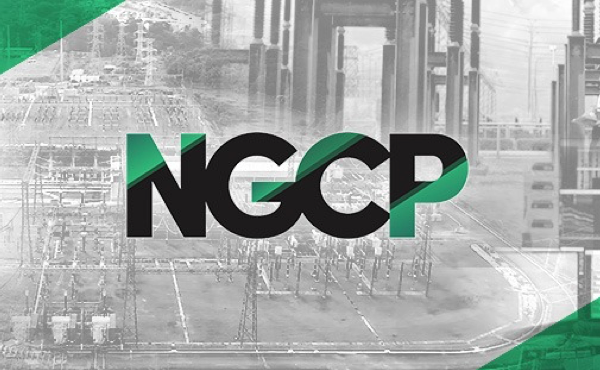The National Grid Corporation of the Philippines (NGCP) reported that it encountered difficulties in restoring a transmission tower of the Balo-i-Aurora 138-kilovolt (kV) line in Tangcal, Lanao Del Norte, which resulted in rotating brownouts in Northwestern Mindanao.
NGCP said that the landowner of the property on which Tower #60 stood denied entry of the grid firm’s personnel, who were supposed to c
onduct clearing operations. The landowner, the NGCP stressed, also demanded an “exorbitant amount” to pay for the intentionally planted vegetation in the tower’s vicinity.
With the help of local authorities, NGCP personnel were granted access by the landowner, enabling them to prepare for restoration works on the toppled tower, which begins today. Until then, rotating brownouts in the affected areas will continue.
Planted vegetation was also a factor that caused the Agus 5-Aurora 138KV line to trip on Tuesday. The incident was particularly triggered by he trimming of maliciously planted vegetation fault in Iligan City. The vegetation overgrowth was caused by the landowner’s refusal to allow NGCP to conduct line clearing activities.
Under Republic Act 11361, or the Anti-Obstruction of Power Lines Act, it is illegal to construct hazardous improvements, plant vegetation, or perform any activity under the power corridor of transmission lines which may cause power interruptions. It is also illegal under the law to refuse entry to authorized transmission line personnel to conduct clearing and restoration activities. Any person found guilty of committing any of the prohibited acts shall be subject to a penalty of imprisonment of six months to 12 years and/or a fine ranging from Php50,00000 up to Php200,000, at the discretion of the court.
NGCP appeals for public support, strict enforcement of RA 11361 as uncooperative landowners aggravate Mindanao power situation
“We implore the cooperation of landowners and the public to respect RA 11361 by not engaging in prohibited activities near or under the transmission line corridor. Hampering the delivery of power transmission services affects not only their immediate vicinity, but the entire region, including hospitals, schools, businesses, and entire communities which largely depend on electricity to operate especially at a time where we face a global health crisis such as COVID-19,” the grid firm appealed in a statement.
